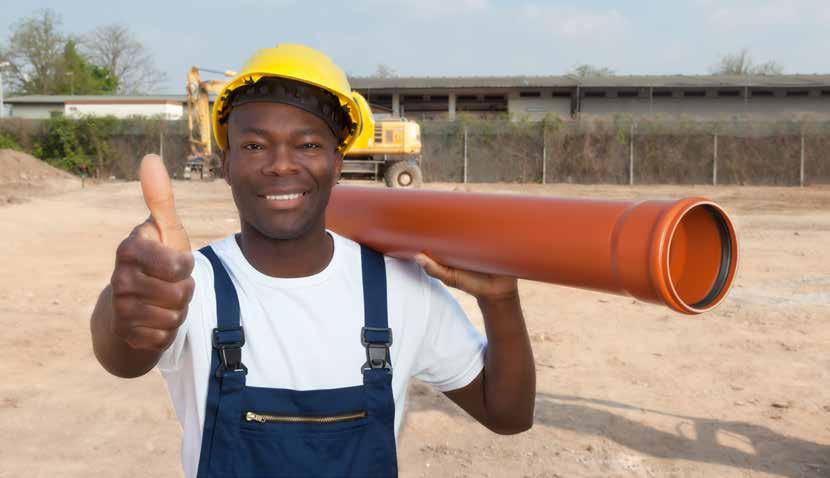COVID-19 • OPINION
South Africa: before, during and after the Covid-19 pandemic Part 1 of this series described how South Africans experienced life since democracy until Covid-19 arrived. It continued with some comments about life under the pandemic. Part 2 is an update of our Covid-19 experience. The next part will start to look at how the nation must plan for life after Covid-19. By Derek G Hazelton
O
n 16 August, President Cyril Ramaphosa announced the good news that South Africa would transition from Alert Level 3 to Level 2 at midnight the following day, significantly easing lockdown restrictions. The easing is probably still too slow, but more worrying is government’s lack of compassionate and motivational marketing to help everyone to choose lifestyles that balance the need to save lives and protect people’s mental health. Of course, the government should also be doing more to demonstrate: • its current disaster planning to preserve minimum livelihoods now
• how long-term planning will be urgently developed • what the aims of that long-term planning will be. This planning should involve us all and, worst of all, it should not be done behind command council or ministerial closed doors, without even involving Parliament and its committees. The other good news was that by 18 August, when Alert Level 2 was introduced, South Africa’s new Covid-19 cases were declining. Although Covid-19 deaths per day were not yet in decline, they did appear to be stabilising, and could be expected to follow the same trend as cases, as they now appear to be
14 000
COVID-19 pandemic in South Africa: History of new confirmed cases per day
New cases per day (7 days moving average)
12 000
10 000
May June
8 000
July Aug Expon. (May)
6 000
Expon. (June) Poly. (July)
4 000
Expon. (Aug)
2 000
0
58
68
78
88
98 108 118 128 138 148 Days of Pandemic (1 May to 31 August 2020)
158
168
178
FIGURE 1 History of new confirmed Covid-19 pandemic cases per day in South Africa – 1 May to 31 August 2020
Derek G Hazelton, Pr Eng., FWISA, founder and manager of TSE Water Services
doing, but regrettably at a slower rate (see Figures 1 and 2). However, news reports indicate that the ongoing lockdown is continuing to deepen poverty levels and unemployment. There has also been a feeding frenzy on Covid-19 relief funds by corrupt businesses, enabled by corrupt government representatives and officials. Elsewhere, a vastly different picture is emerging. Social solidarity is spreading faster than Covid-19. This is taking place through community action networks (CANs), and myriad other organisations and informal groups (see Figure 3). As well as running feeding schemes, many of these innovative neighbourhood groups, often supported by businesses and NGOs, provide many other services. Along with the worsening levels of poverty, a further negative effect has been the unforeseen widespread and growing impact on people’s and families’ mental health. This has been chiefly caused by the pandemic itself, government’s narrow response to it, as well as people’s hunger, fear of losing their jobs, and simple loneliness. Social distancing, isolation, and the government’s over-simple, unnecessarily narrow “stay at home” message have destroyed one of society’s core defences against mental ill-health. Mingling with groups in the family, with local friends, S E P T/ O CT 2020
51




















